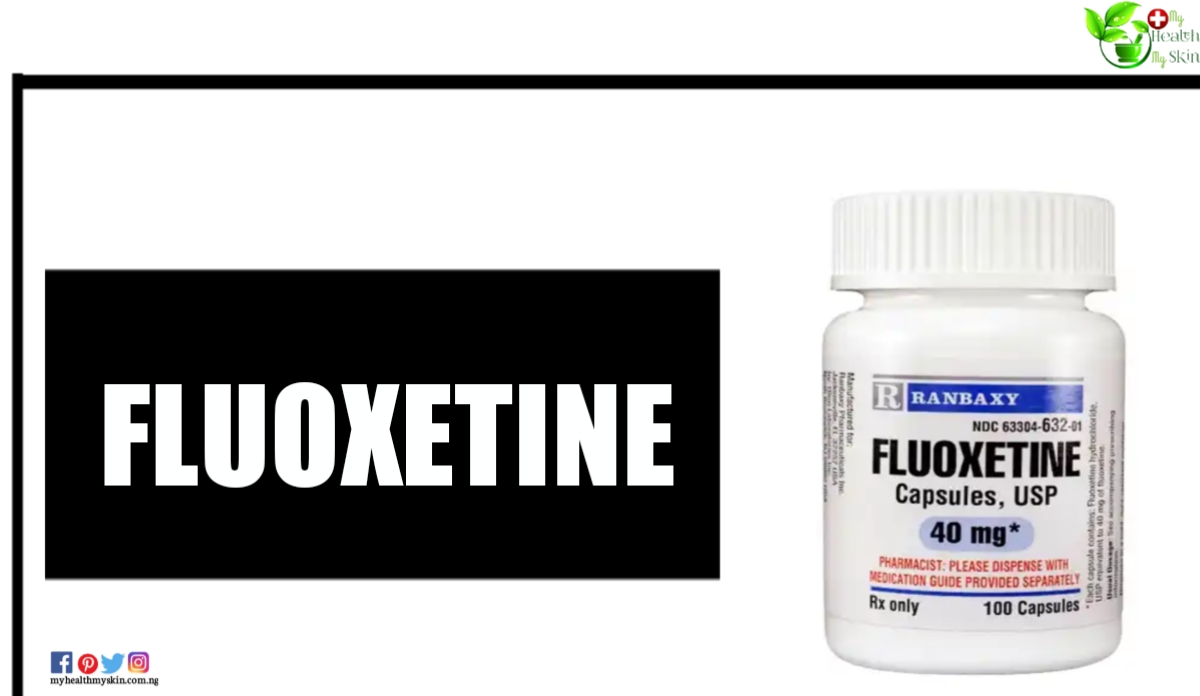Does Fluoxetine Make You Thin Or Fat? There is evidence that some antidepressants such as fluoxetine can help you lose weight. So let’s see what the studies say about it.
Fluoxetine is the generic name for Prozac, a medication commonly used to treat depression, panic disorder and obsessive-compulsive disorder. Doctors also prescribe this medication for bulimia nervosa and anxiety.
Decreased appetite and weight loss can occur as a result of fluoxetine treatment. Your doctor may also prescribe fluoxetine to treat binge eating and vomiting in patients suffering from moderate to severe bulimia.
In most cases, fluoxetine loses weight, but it is also possible for fluoxetine to gain weight, even indirectly, as we will see below.
[lwptoc]
Fluoxetine Action

Fluoxetine increases the amount of serotonin, a hormone found in the brain, by blocking its reabsorption in the body. This normalizes the level of serotonin in the body and promotes substance balance.
When Fluoxetine Loses Weight Or Makes You Fat
In a review of 11 studies done with fluoxetine, published in 2003, it was concluded that the use of the substance can result in a short-term weight loss of up to 3.3 kg in obese people.
Of study participants who took fluoxetine for depression during clinical trials in the United States, 11% reported loss of appetite and 1.4% noted weight loss. Of the patients taking placebo, only 2% had loss of appetite and 0.5% reported weight loss.
Fluoxetine can result in short-term weight loss of up to 3.5% in obese patients, according to a study published in December 2003 in the “American Family Physician” .
However, there is no evidence that this weight will not come back – and the article suggests that a healthy diet combined with physical activity is used as the main method to control weight and prevent obesity.
On the other hand, fluoxetine can also lead to increased appetite and weight gain, although this effect is rarer and less likely to occur compared to weight loss.
What a study published in 1999 in The American Journal of Psychiatry concluded is that weight gain in people who were taking fluoxetine for long periods was not different from that seen in people in the placebo group (who are not taking the substance) .
In fact, there is even evidence that weight gain is related to remission of symptoms of depression, which leads to a feeling of well-being, and increased appetite.
Care
If you experience gastrointestinal side effects, take the drug with a meal. You can also chew gum or suck on a candy to avoid dry mouth and nausea.
Don’t skip meals to avoid losing too much weight. If this happens, talk to your doctor. Weight gain, on the other hand, can be prevented through a balanced diet and the practice of physical activities.
Controlling your calorie intake and exercising regularly can greatly reduce your risk of gaining weight. Your doctor can help you develop a balanced diet and determine which exercises are right for you.
Visit your doctor regularly to monitor for gastrointestinal side effects and changes in your weight while taking fluoxetine.
If weight gain or loss continues, your doctor may determine that you need to stop taking the drug or change your dose. To see more post on Weight Loss & Weight Gain click here.

Do You Know Anyone Who Takes Fluoxetine Regularly Who Has Gained Or Lost Weight? Share This Experience In The Comments Below.






